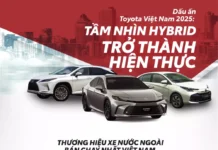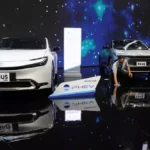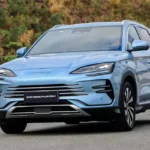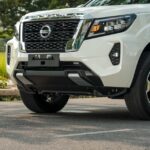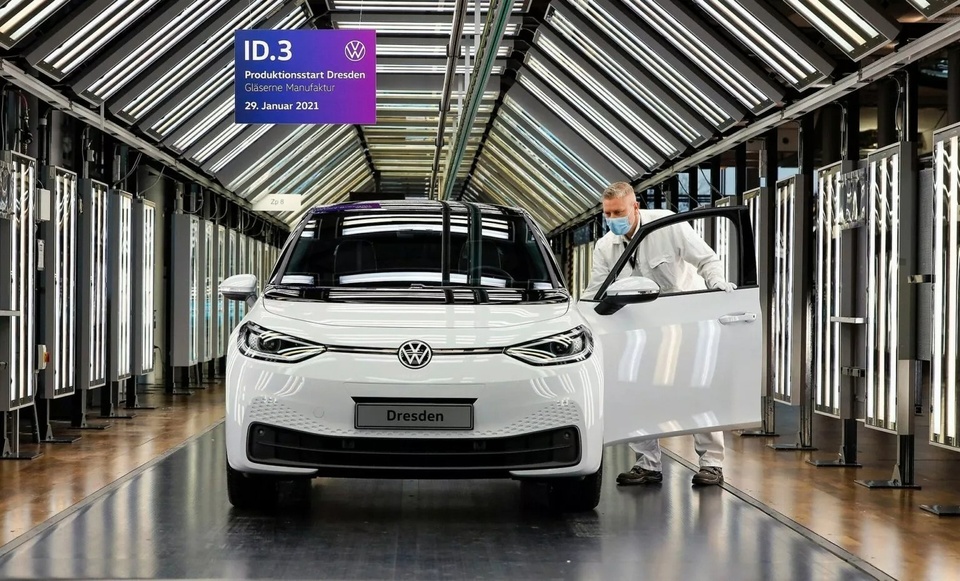
|
Intense negotiations and strikes between IG Metall and Volkswagen have been ongoing since the beginning of December in Germany. The two parties have now reached an agreement called “Zukunft Volkswagen.”
As per the agreement, Volkswagen will reduce its workforce by 35,000 employees, a significant increase from the initially planned 9,000, by 2030 in Germany. Despite the deep cuts, the manufacturer assures that it will handle the layoffs in a “socially responsible” manner. Factory capacity will also be reduced to 734,000 vehicles to align with market demand, allowing Volkswagen to save an average of €15 billion per year.
“This agreement is aimed at securing Volkswagen’s financial stability and future viability. We will combine job security for our employees with financial stability and lay the foundation for investing in the next generation of products,” said Oliver Blume, CEO of Volkswagen.
|
|
|
The Osnabruck plant in Germany may close in 2027. Photo: Carscoops. |
The agreement also seals the fate of several Volkswagen-owned plants. Specifically, the Wolfsburg plant will only produce the ID.3 and Cupra Born models. The Emden plant will manufacture the ID.4 and ID.7, while the Osnabruck plant risks closure by mid-2027, ceasing production of the T-Roc Cabrio.
The Zwickau plant will focus on producing the Audi Q4 e-tron and Q4 e-tron Sportback. The Dresden plant, currently producing the ID.3, will cease operations by the end of 2025. Component plants will be retained, but according to Carscoops, the large number of layoffs may lead to rearranged working hours, possibly shifting from full-time to part-time work.
Volkswagen has faced a challenging year in 2024, with plummeting sales due to losing market share in its most important market, China. The group has nearly lost the price war against Tesla and domestic automakers in the country, forcing it to shut down its plant in Xinjiang, China, and Brussels, Belgium.
Recommended Reads for Your Drive
Our Cars channel presents a selection of captivating books with diverse themes. During those relaxing moments on your journeys, let these books be your entertaining companions.
Toyota Remains the World’s Best-Selling Car Brand in 2024
Toyota Motor Corporation, the renowned Japanese automotive manufacturer, has announced an impressive sales performance in 2024. With a remarkable total of 10.8 million vehicles sold worldwide, Toyota has solidified its position as the global leader in automotive sales for the fifth consecutive year. This achievement showcases the company’s unwavering commitment to innovation, quality, and customer satisfaction, reinforcing its dominance in the highly competitive automotive industry.






